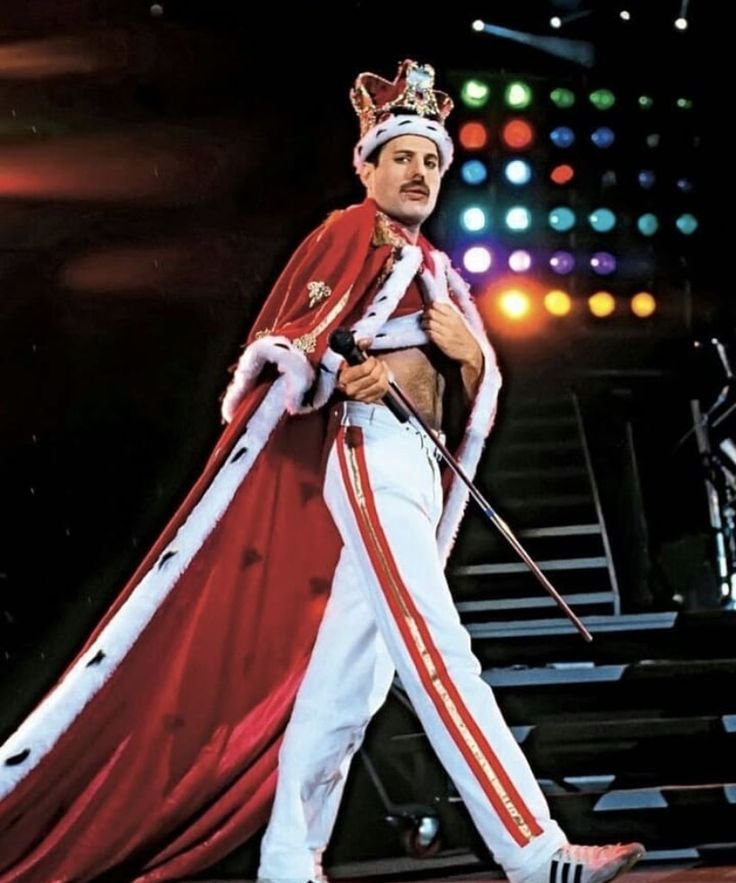Was Freddie Mercury the Greatest Frontman of a Rock Band?
Few figures in the history of rock music command as much awe and reverence as Freddie Mercury. The charismatic frontman of Queen redefined what it meant to lead a rock band, turning every stage he graced into a theatrical spectacle. But was he the greatest frontman of all time? For many fans, critics, and fellow musicians, the answer is a resounding yes — and not without good reason.
Freddie Mercury was more than just a singer; he was a performer in the truest sense. With a four-octave vocal range, electrifying stage presence, and a flamboyant personality that embraced both vulnerability and power, Mercury had an innate ability to connect with audiences of all sizes. From the intimacy of a club to the grandeur of stadiums, he held the crowd in the palm of his hand. His performance at Live Aid in 1985 is widely regarded as one of the greatest live performances in rock history — a moment where Mercury didn’t just perform to the audience, he performed with them.
Musically, Mercury’s versatility gave Queen a wide creative palette. He could belt out an operatic aria, like in “Bohemian Rhapsody,” croon in a heartfelt ballad like “Somebody to Love,” or drive a crowd wild with an anthemic rocker like “We Will Rock You” or “Don’t Stop Me Now.” Unlike many frontmen who shine brightest in one musical lane, Mercury seemed to inhabit every style with conviction, bringing authenticity to Queen’s diverse sound.
Moreover, Mercury’s fearlessness and authenticity, particularly in an era when being flamboyant or openly queer could still bring significant backlash, made him an icon beyond music. He wore his persona with pride, challenging the norms of masculinity and rock stardom. In doing so, he paved the way for future generations of artists to express themselves more freely, regardless of their background or identity.
While other legendary frontmen — like Mick Jagger, Robert Plant, Jim Morrison, or David Bowie — brought their own unique magic to the stage, Freddie Mercury blended all their strengths into one. He had Jagger’s swagger, Plant’s vocal range, Morrison’s mystique, and Bowie’s theatricality. But what set him apart was his sincerity and his ability to make every performance feel larger than life yet deeply personal.
In the end, calling Freddie Mercury the “greatest” frontman may still be a subjective opinion — but it is one shared by millions. His enduring influence, unmatched artistry, and unforgettable charisma ensure that when the conversation turns to rock’s finest frontmen, his name is not just included — it often tops the list.
